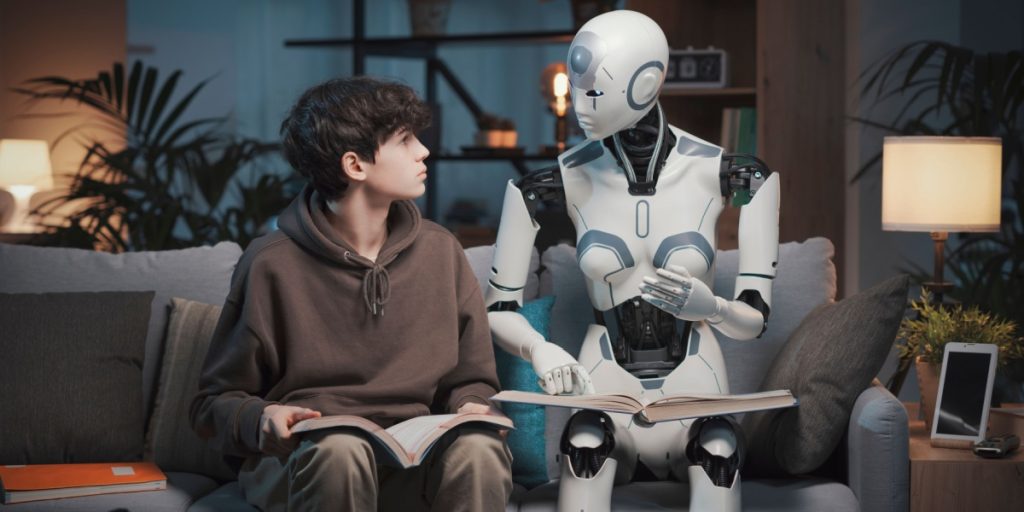Research Shows Younger Generations Most Affected
Others are reading now
A recent study conducted by the Swiss Business School (SBS) in Zurich suggests that as artificial intelligence (AI) becomes more integrated into daily life, human critical thinking skills are declining.
According to HotNews, the study analyzed data from 666 people in the UK and found a strong link between increased AI usage and decreased cognitive abilities, such as problem-solving and decision-making.
Dr. Michael Gerlich, the study’s lead researcher, divided participants into three age groups—17-25, 25-45, and 46 and older.
Results showed that younger individuals, who tend to rely more heavily on AI-powered tools, scored the lowest in cognitive performance tests.
Also read
The Growing Dependence on AI
The study highlights that AI applications, which handle tasks once requiring human mental effort, are significantly impacting cognitive functions like attention, memorization, and problem-solving. Most respondents admitted to frequently using AI tools and expressed concerns about their diminishing ability to think critically.
Despite these concerns, AI’s rapid evolution presents a dilemma. On one hand, schools and universities may impose limits on AI use to preserve critical thinking. On the other hand, proponents argue that digital literacy programs could help individuals better navigate the technology without over-relying on it.
The Future of Human Intelligence
Dr. Gerlich suggests that humanity may be entering a new phase of evolution—one in which critical thinking becomes obsolete as AI increasingly handles cognitive tasks. Much like outdated survival skills in nature, traditional abilities such as handwriting and mental calculations could soon become irrelevant.
However, the study also raises important ethical questions. If AI can improve healthcare, environmental sustainability, and food quality, should concerns about declining cognitive abilities take a back seat? Some industries, like manual labor, may remain less affected for now, but even these sectors are likely to experience AI-driven changes over time.
As AI continues to advance, the challenge will be finding the right balance between harnessing its benefits and maintaining essential human cognitive skills.


